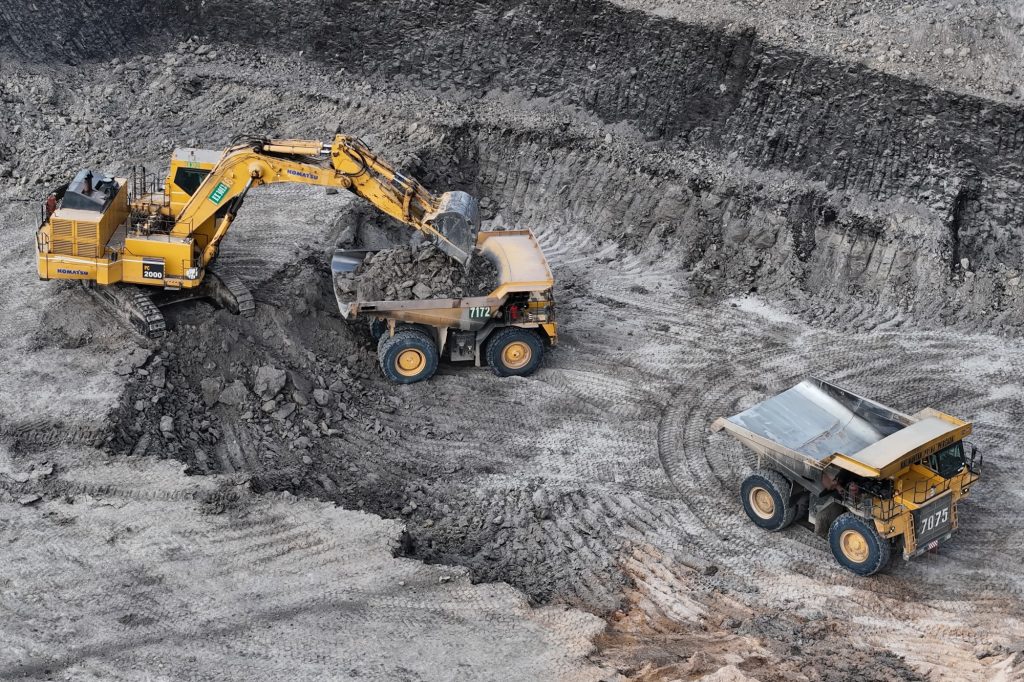The government has announced that new coal mining licences are set to be banned in the UK, making it the first Group of Seven (G7) country to ban coal mining.
Licensing of new coal mines is set to be restricted as the UK government commits to bringing in legislation that will prohibit new coal mining projects.
The government last Thursday (14 November) said it will introduce the new legislation “as soon as possible”.
It has laid a Written Ministerial Statement confirming that it will introduce legislation to restrict the future licensing of new coal mines, by amending the Coal Industry Act 1994, “when Parliamentary time allows”.
The move to phase out coal power is a “crucial step” to tackling climate change and limiting global temperature rises to 1.5C, the government has said.
Since it entered office in July this year, the Labour government led by Keir Starmer has sought to move the UK away from coal power.
Last month, the country’s last coal-fired power station at Ratcliffe on Soar was closed, following 50 years of service. The closure of the power station makes Britain the first major economy to stop burning coal for power.
The government also refused to defend the previous government’s decision to grant planning permission to build a new metallurgical coal mine in west Cumbria.
Planning permission to build the £165M coal mine at Whitehaven was subsequently quashed in the High Court. The mine would have been the UK’s first new coal mine in 30 years.
The licence ban heralds the end of Britain’s “coal age” and the ramping up of the “clean energy age”, the government has said.
Energy minister Michael Shanks said: “Coal mining powered this country for over 140 years and we owe a huge debt to workers who kept the lights on for homes and businesses across the country.
“Now the UK is in prime position to lead the way in phasing out coal power around the world, which remains the single largest contributor to global emissions.
“By consigning coal power to the past, we can pave the way for a clean, secure energy system that will protect billpayers and create a new generation of skilled workers.”
Campaign group to stop coal mining, Coal Action Network, said the announcement about the licence ban was a “massive win”.
“Coal Action Network has been campaigning for a ban on new coal mining for years, and met with numerous MPs in the lead-up to the 2024 UK General Election. Together with our supporters, we celebrate this clear win for us and for all the communities that won’t now suffer noise, dust, and traffic pollution from nearby coal mining.”
As part of its drive to pivot the country towards renewable energy, the government recently launched a range of initiatives and industry reports that focus on storage, carbon capture and floating wind power.
A new investment support scheme for long-duration electricity storage (LDES) projects to boost energy security and reduce bills was announced on 10 October.
The investment support scheme aims to remove investment barriers. It is expected to unlock billions in funding, create thousands of jobs and help achieve net-zero targets by 2050.
A £21.7bn funding package was also confirmed on 4 October for the UK’s first large-scale carbon capture and storage (CCS) sites in the North West and North East of England.
In addition to this, a government-industry taskforce report published on 9 October highlighted the UK’s potential to become a global leader in floating offshore wind energy.
The report called for urgent action to scale up projects and reduce costs to unlock the full potential of floating wind power.
The government has noted that there are some exceptions to the coal mining licence ban.
One such exception is the large and currently operating Aberpergwm deep coal mine, which has planning permission to operate until 2039 to extract 42M.t of coal.
